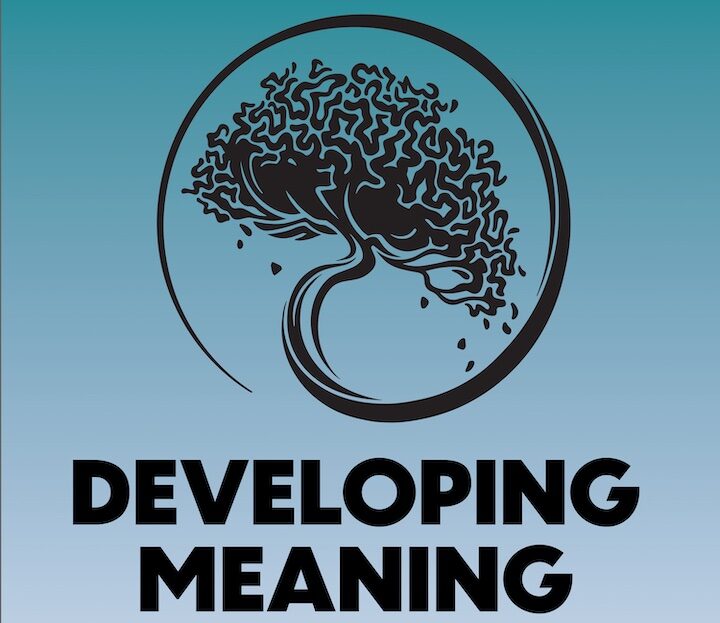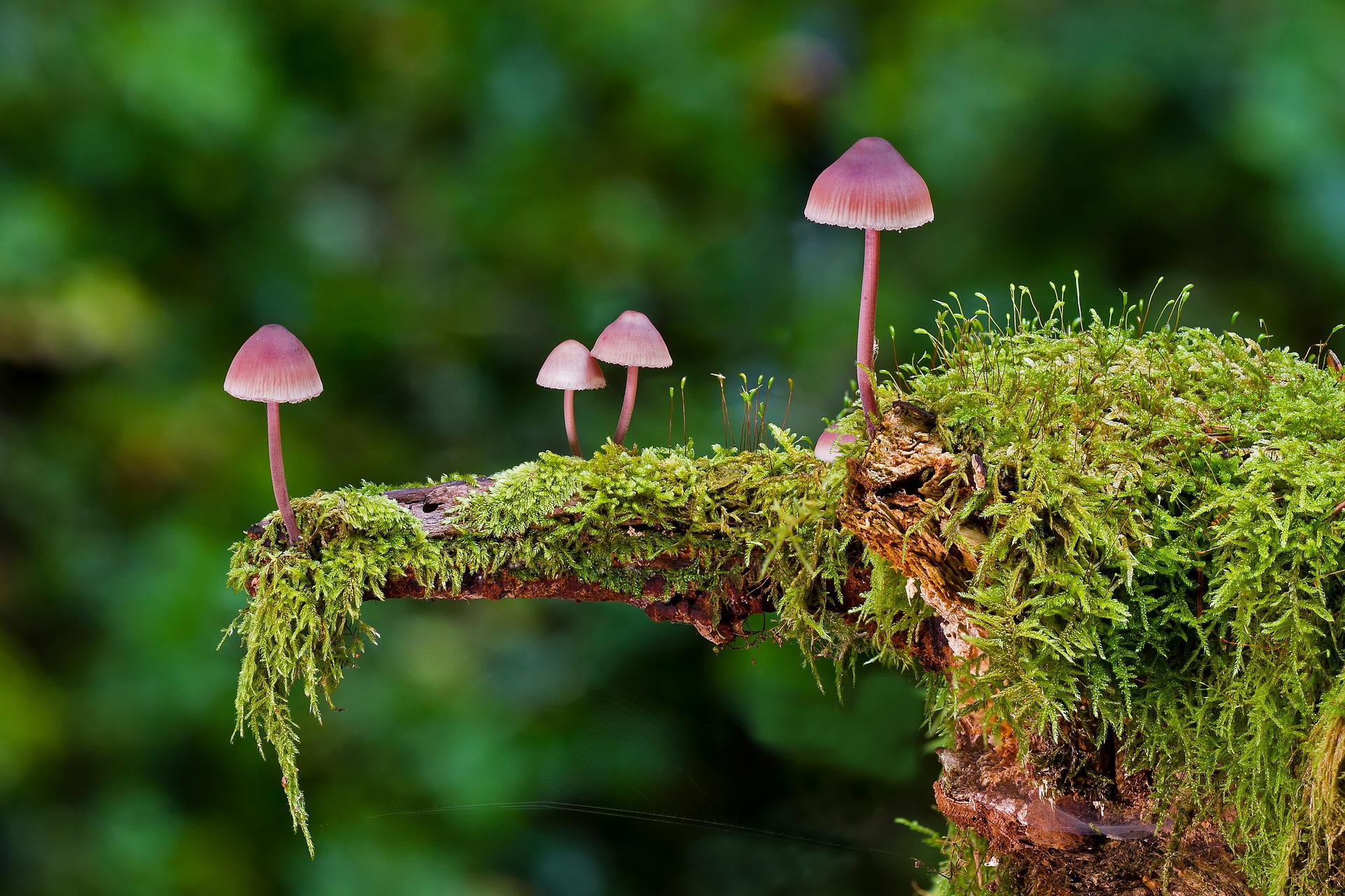Picture your mind as a snow-covered mountain. You repeatedly ski down from the top, always following well-worn paths. No matter how hard you try to create new routes, these old grooves deepen and pull you back. In general, this type of learning is healthy and normal, but some of these established pathways will become maladaptive, yet extremely difficult to change. But now it turns out there are ways to break free. Psychedelic experiences can function like a foot of new powder on top of this mountain, covering the grooves and allowing you to create new patterns.
Michael Pollen refers to this analogy, which he credits to Mendel Kaelen, as a possible explanation for a series of striking new research findings, all of which show that a single psychedelic experience can cause lasting changes in the entrenched behaviors and neural pathways that underlie addiction, depression, anxiety, and trauma.
This new frontier in mental health and neuroscience is emerging through a resurgence of psychedelic research by leading institutions and brilliant researchers. Pollen explains how scientists have identified the brain structures that form our ego – the part of our consciousness responsible for monitoring and protecting our sense of self. This brain region, first discovered by Marcus Reichle in 2001, is called the Default Memory Network (DMN). Recent findings have demonstrated that psychedelics — as well as mediation and other ego-reducing activities — can turn off or reduce this DMN brain region’s function, opening up new perspectives on our challenges and enabling us to change maladaptive patterns.
The implications are hard to overstate.
Already, these new insights are helping cancer patients and others overcome anxiety, depression and fear of death. Meanwhile, researchers and treaters are using psychedelics to study how to change entrenched patterns and help us become more connected with other people and with nature.
In How to Change your Mind, Pollen covers the history of human psychedelic experiences, which began thousands of years ago, and includes key moments like the discovery of LSD by the Swiss Chemist Albert Hoffman in 1938. He also tells the story of western culture’s reception of these drugs, which was initially positive but soured during the 1960s, resulting in major backlash against evangelists like the notorious Harvard psychologist Timothy Leory – famously called “The most dangerous man in America” by Richard Nixon – and ultimately leading to an extreme research ban that is only now beginning to soften.
Pollen is a masterful storyteller, investigator, and writer. Even though tales about drug use could easily fall into the trap of seeming sensational or banal, he manages to make every chapter rigorous, profound, surprising, and delightful. And he’s hit upon a goldmine of colorful characters, who wonderfully flesh out a tale that, whether you know it or not, will impact you in the near future. The impact could range from a few people you know getting novel treatments, to wider societal shifts that grow out of deeper understanding of consciousness. It becomes easy to imagine changes in how we prioritize our time, our relationships, communities, spiritual understanding and relationship with naturel.
Read this book. Listen to the Pollen’s podcast interview by Tim Ferris. Perhaps you will find a new personal track to follow. (If you don’t get the reference, then check out my Boyd Varty post and find out who Varty is).
How does this book impact our path toward meaning? Many aspects connect with Joseph Campbell’s brilliant work on ancient cultures and mythology. We humans exist within and operate based on a powerful ego-centric perspective that focuses and reduces our consciousness. Therefore, instead of limiting the impact of psychedelics to medical uses, which will likely alleviate suffering, psychedelics can also be seen as ancient keys designed to unlock spiritual journeys. For many in Pollen’s book, this is a hero’s journey of insight and personal transformation.
Pollen has me convinced: These drugs, in the hands of the right guides, can take some of us out of Plato’s cave and allow us to return with new insight.
Under the wrong circumstances they can have devastating negative outcomes. To be clear. I am advising against using these drugs outside of medically supervised settings. I only recommend reading this book and continuing to follow how this story unfolds.

